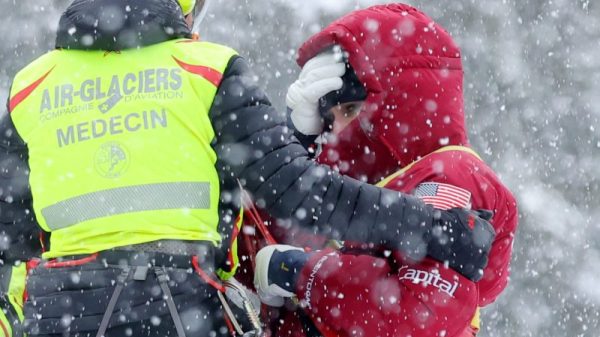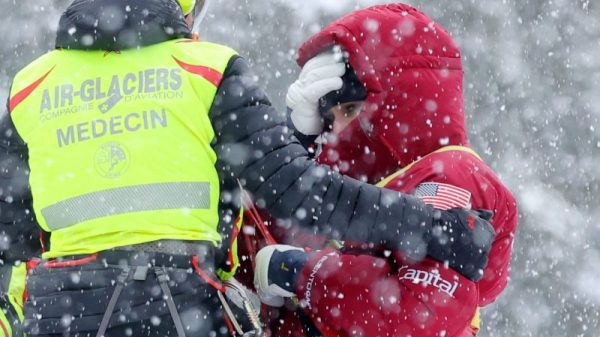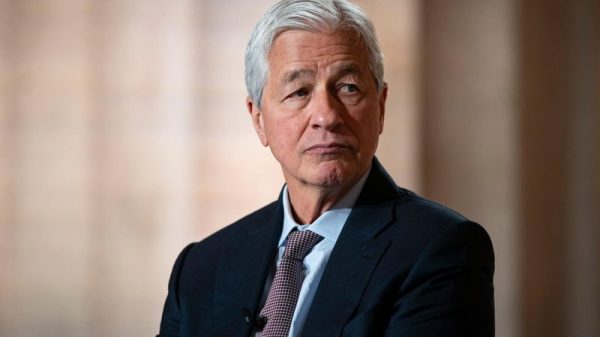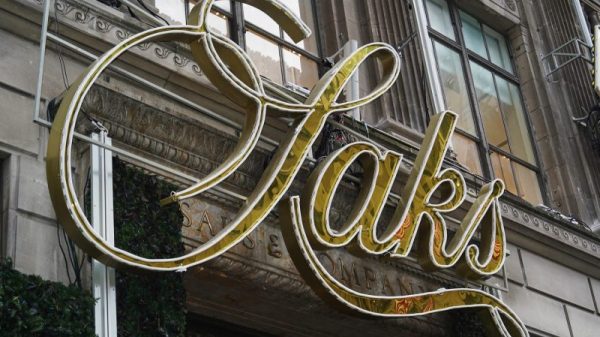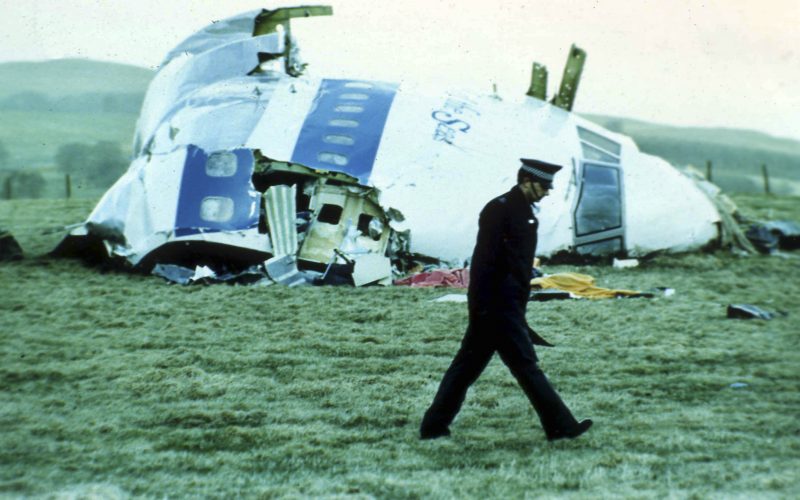A former Libyan intelligence operative pleaded not guilty Wednesday to assembling the explosives used in the 1988 bombing of an American jetliner over Lockerbie, Scotland, killing 270 people in one of the deadliest terrorist attacks in U.S. history.
Accused Pan Am Flight 103 bombmaker Abu Agela Mas’ud Kheir al-Marimi, now 71, entered his plea in federal court in Washington, following his apprehension in November at his family home in Tripoli and extradition the following month by one of Libya’s rival factional governments.
“At this time your honor we would enter a plea of not guilty,” said Whitney Minter, a federal public defender.
U.S. authorities said they would seek Mas’ud’s continued detention pending trial at a bond hearing Feb. 23, if his defense sought to argue for his conditional release. He possibly faces two counts, including destruction of an aircraft resulting in death, punishable upon conviction by up to life in prison.
Mas’ud’s prosecution caps a decades-long pursuit by U.S. authorities, who announced criminal charges against him in 2020. Mas’ud was in Libyan custody for unrelated crimes at the time, after allegedly confessing to the bombing in 2012 following the ouster of longtime Libyan leader Moammar Gaddafi.
Two other Libyan intelligence officers have been tried in the bombing, which U.S. officials say was ordered by the leadership of Libyan intelligence under the Gaddafi regime. A Scottish court in 2001 convicted Abdel Basset Ali al-Megrahi but acquitted alleged accomplice Lamen Khalifa Fhimah.
Megrahi was released from serving a life sentence in 2009 after being diagnosed with cancer, dying three years later at his home in Tripoli. Mas’ud would be the first suspect tried in the United States for the bombing, which killed 190 Americans among the 259 people aboard, and another 11 people on the ground.






